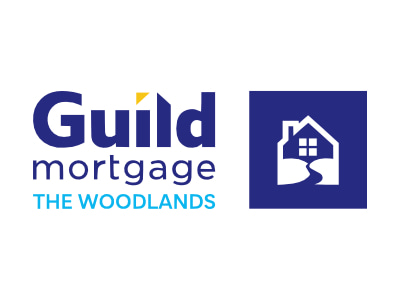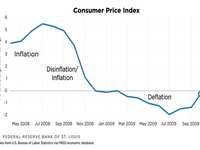- Categories :
- More
Categories
What makes a buyer’s market?

If you’re looking to buy a home, you may be wondering when to jump in. Depending on where in the country you’re shopping, a buyer’s market could be a great time to make your move, regardless of interest rates. A buyer’s market is defined by a surplus in inventory compared to buyers, meaning there’s more competition for sellers, and less competition for buyers. Keep reading to figure out if your market is favorable for buyers and how you can benefit.
What is a buyer’s market?
A buyer’s market means there are more homes for sale than buyers. Buyers are in a more favorable position for added perks or even price cuts, since sellers are competing against each other.
Signs it’s a buyer’s market
High inventory: The more homes available for sale, the less competition there is among buyers—and more competition among sellers. Housing inventory is usually measured by months of supply and is calculated by dividing the total number of homes for sale over the number of homes sold in a month. The higher the number, the more sellers and homes there are than buyers, suggesting a buyer’s market.
Stalled sales: Are home sales taking longer? Stalled listings are a big indication that buyers have the upper hand. Sellers may have to decrease home prices or offer concessions to get their home sold.
Frequent price drops: Sellers cut prices to stay competitive, to the benefit of the buyer. This is so sellers can get their homes sold quicker.
Is it a buyer’s or seller’s market?
To tell if it’s a buyer or seller’s market in your region, consider inventory, sales to listing price ratios, days on market, price drops and whether there are bidding wars.1 It’s mostly all about supply and demand.
Indicator Buyer's market Seller's market
Inventory More listings Less listings
Sale-to-list price ratio Home's sales price is much lowers than listing price Home's sale price is close to or above listing price
Days on market More; sales take longer Less; sales are quicker
Price drops Common Uncommon; prices could even increase
Bidding wars Uncommon Common
At the time of this piece, buyers are gaining the advantage, but it really depends on each metropolitan area’s market.
How can a buyer’s market work in my favor?
A buyer’s market is beneficial because there are more listings to choose from, home prices can be more affordable, and you may even be able to take advantage of seller concessions to sweeten up your finalized deal.
It’s true that some homes may still attract competing offers, but they’re less likely to skyrocket like they do during seller’s markets—meaning you may be able to stick to your budget. With more homes to choose from, you can avoid spending above your means if you absolutely have to move.
Seller concessions
Seller concessions, or seller credits, are financial incentives for buyers as part of a real estate transaction. These often come in the form of covering closing costs, homeowner’s insurance payments or even property taxes. A seller or builder offers these incentives to get the home sold.
This happens often in buyer’s markets as well as times when interest rates are high and buyers are few and far in between. There’s a strong motivation to sell, even if the seller or builder has to pay.
What kinds of concessions are there?
Property taxes
Appraisal costs
Homeowner’s insurance payments
Discount points
Moving costs
Origination fees
Loan processing fees
Underwriting fees
Settlement agent fees
Title and recording fees
Are there limits to seller concessions?
There are limits to how much a seller can offer, and this depends on your loan program or financing you’ve selected. These limits are a percentage of the home’s sales price to pay for closing costs, prepaid items and discount points.
Conventional loans
Up to three percent if a buyer provides a down payment of 10 percent or less
Up to six percent if a buyer provides a down payment between 10–25 percent
Up to nine percent if a buyer provides a down payment over 25 percent
FHA loans
Up to six percent
VA loans
Up to four percent to cover prepaids, VA funding fee, temporary rate buydowns, excessive discount points, debt payoff and personal property items
Unlimited for closing costs and market appropriate discount points
USDA loans
Up to six percent
It’s useful to have an accurate estimate of your closing costs, so you can see how much seller concessions can help you. Use Guild’s closing cost calculator to get a breakdown of how much cash you’ll need to purchase a home.
Overall, a buyer’s market is an advantageous time for motivated homebuyers, as there are more listings to choose from, less competition from other buyers and the chance to purchase a home at a great price. A buyer’s market also provides the ideal environment for perks like seller concessions, making a home purchase even more affordable. If you’re ready to take the next step in buying a home, get in touch with one of our loan officers near you.
Comments •










